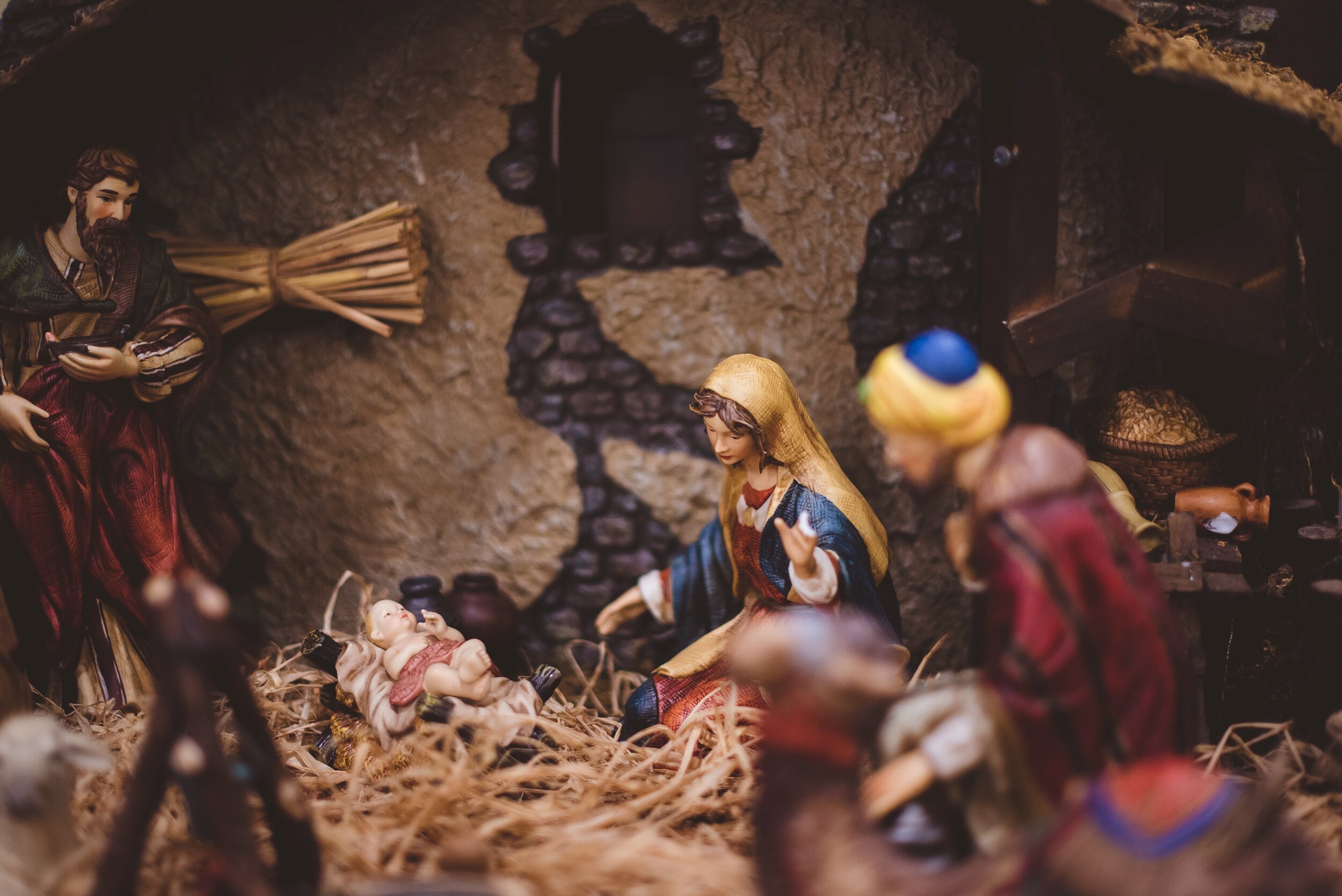by Terry Gee
"In a culture that doesn't like to acknowledge loss or talk about the impact, it's difficult to grieve."[1] – H. Norman Wright
"Should I be over this by now?"
"Am I supposed to focus on the bright side of things?"
"What do I do with my sadness?"
When the harsh reality of loss comes upon us we are faced with the painful visitation of grief. It comes unwelcome and we are thrust into it without time to prepare. In the fallenness of our world, it is a given that we will encounter grief, but we are faced with the choice of how we will respond.
Engaging with Grief
Some of us may not have been taught how to grieve. And even if we have, the pervading sense towards it may be that is it something to be resisted or at least experienced to the least degree possible.
But is resisting this unwelcome visitor truly the best for us? Or do we do ourselves harm as we suppress it and disengage with our grief?
H. Norman Wright, a Christian trauma and grief therapist writes:
"Whenever there is a loss, there will be grief. But some do not grieve or mourn. Some make a choice not to express all the feelings inside so their grief is accumulated. Saving it won't lessen its pain. It will only intensify it. Silence covers wounds before the cleansing has occurred. The result will be an emotional infection."[2]
Engaging with our grief then becomes a matter of health for our hearts. In the midst of a very painful and sorrowful time, with many losing loved ones, will we choose to walk the path of grief? Or will we keep it at an arm’s length and focus only on the positives? If so, how bad will it have to get before we will feel released to grieve?
On the Path of Grief
For those who are already on this path of grief, or for those who know someone who has lost someone, here are some suggestions that may be helpful as you walk through it.
[1] H. Norman Wright, Experiencing Grief (Nashville, Tennessee: B&H Publishing Group, 2004), 1.
[2] Wright, 14.






